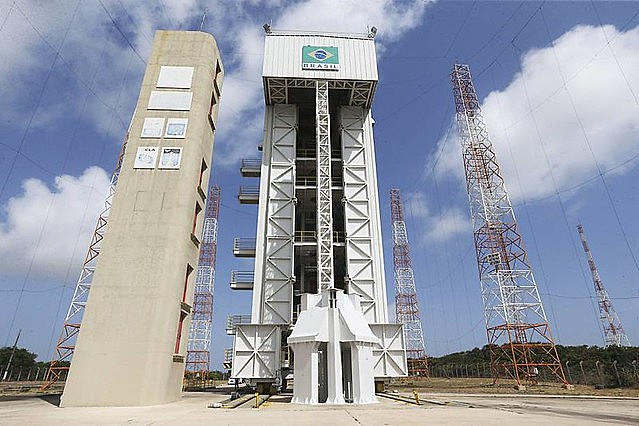The deal that opens up Brazil’s Alcântara space base to the United States was approved by a parliamentary committee on Wednesday, in a 21-6 vote. Two other committees have to review the bill before it hits the floor of Brazil’s lower house of Congress.
If the bill passes, it will move to the Senate.
The bill approved by lawmakers in the committee chaired by president Jair Bolsonaro’s son Eduardo Bolsonaro allows spaceships, satellites, and rockets with some US component to be launched from the Alcântara base, but does not authorize missile launches.
The possibility of expanding the Alcântara Launch Center is also included in the bill, which would hurt nearby quilombola communities — settlements set up in Brazil’s rural areas, mostly by escaped enslaved people of African descent — that are struggling for the demarcation of their territories.
::Bolsonaro hands over Alcântara space base to Trump, reaffirms submission to US::
Congressman David Miranda decried the committee’s approval of the bill. “The deal approved today privileges the US over our country’s interests and hurts our sovereignty. It’s not an interesting deal both from the economic and military perspective. It’s safe to say Bolsonaro’s plan is to bring Brazil on its knees in face the United States,” Miranda said.
The deal was originally signed in March when president Bolsonaro visited Donald Trump in Washington.
Congressman Eduardo Bolsonaro is personally invested in pushing the agreement, as it may represent a leverage as he is on the path to being nominated ambassador to the United States.




